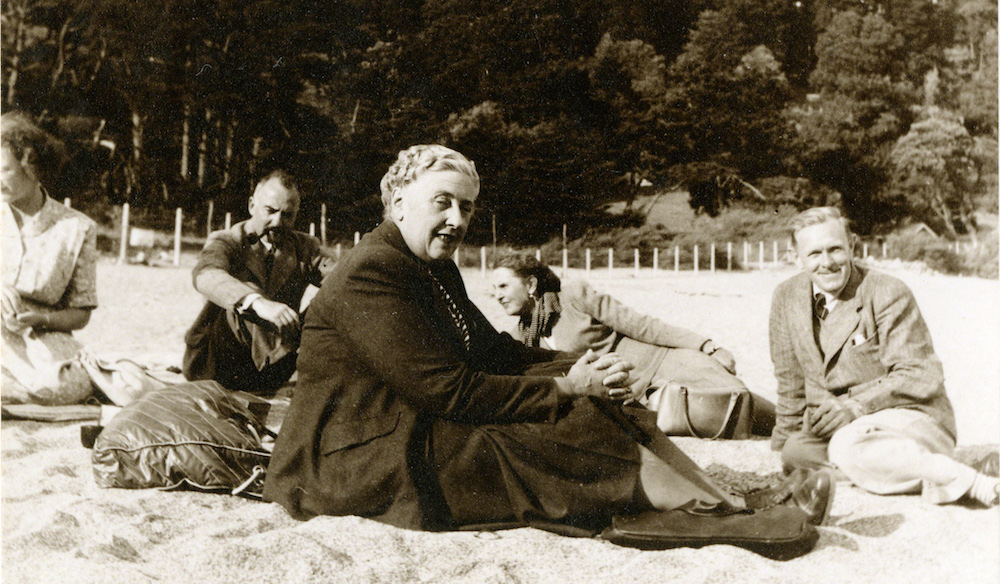 Casual readers usually neglect Christie’s poems, but her inner life is there and not in Marple’s or Poirot’s. “Picnic 1960” suggests Christie never lost her sense of her good life. In the final poem of the volume, Christie makes the case...
Casual readers usually neglect Christie’s poems, but her inner life is there and not in Marple’s or Poirot’s. “Picnic 1960” suggests Christie never lost her sense of her good life. In the final poem of the volume, Christie makes the case...
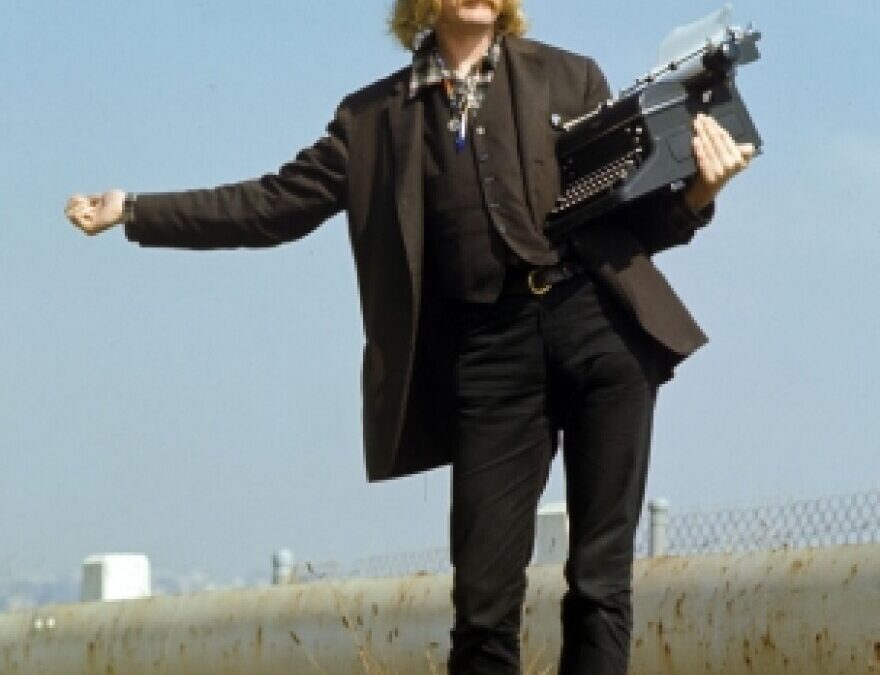 Brautigan’s “I’ll Affect you Slowly” from Loading Mercury with a Pitchfork is a bit of humor. It’s about a sly attempt at seduction that may or may not have been successful. I’ll affect you slowly as if you were having a picnic in a dream. There will be...
Brautigan’s “I’ll Affect you Slowly” from Loading Mercury with a Pitchfork is a bit of humor. It’s about a sly attempt at seduction that may or may not have been successful. I’ll affect you slowly as if you were having a picnic in a dream. There will be...
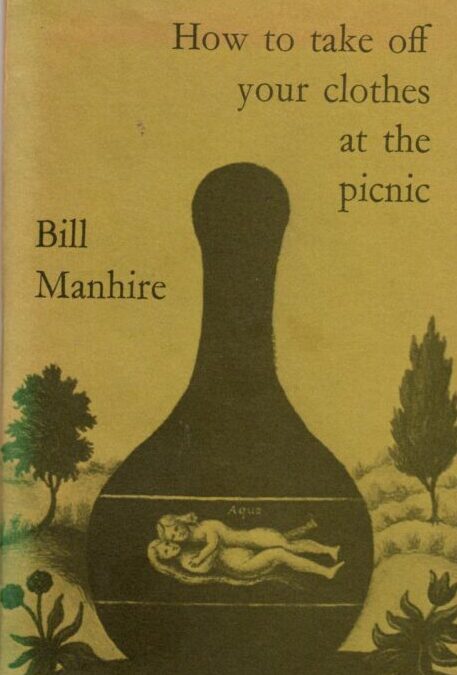 Manhire’s “How to Take Your Clothes Off at a Picnic” (1977), Sheet Music: Poems 1967-1982 (1996) is a humorous riff on picnic adultery: It is hardly sensuous, but having Eaten all the cold meat and tomatoes You forget to remove your trousers And instead...
Manhire’s “How to Take Your Clothes Off at a Picnic” (1977), Sheet Music: Poems 1967-1982 (1996) is a humorous riff on picnic adultery: It is hardly sensuous, but having Eaten all the cold meat and tomatoes You forget to remove your trousers And instead...
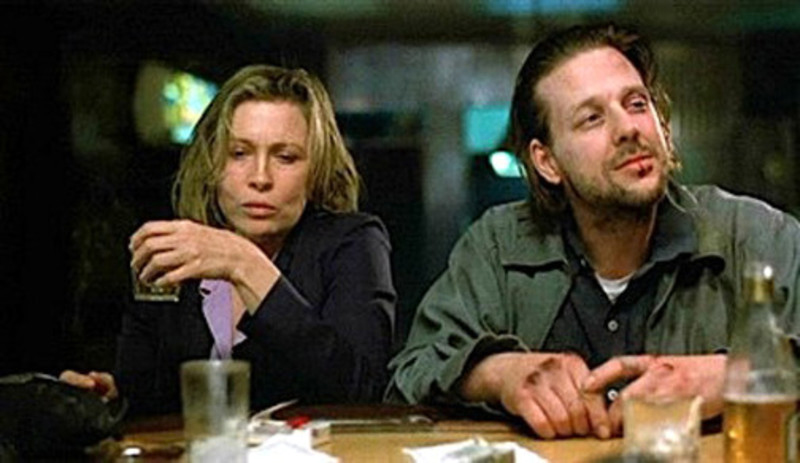 Charles Bukowski’s “Some Picnic” is mean-spirited –what a picnic ought not to be. I rank it among the most unpleasant and psychologically cruel. When Bukowski says he, his girlfriend Jane and his parents picnicked and “made a...
Charles Bukowski’s “Some Picnic” is mean-spirited –what a picnic ought not to be. I rank it among the most unpleasant and psychologically cruel. When Bukowski says he, his girlfriend Jane and his parents picnicked and “made a...
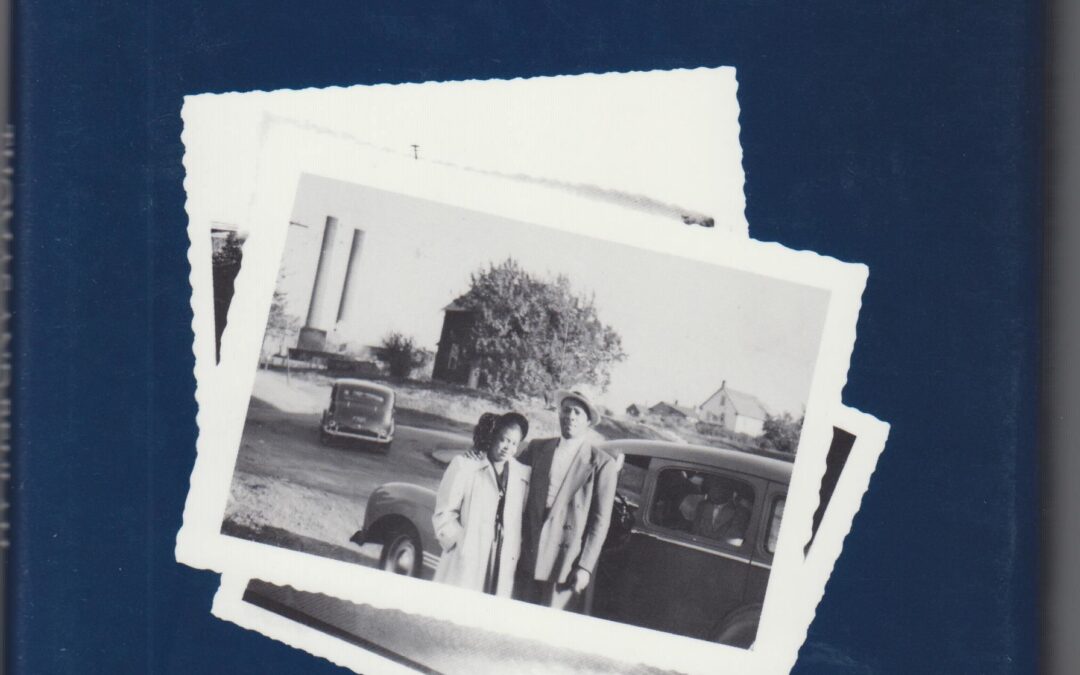 Dove’s collection of poems Thomas and Beulah is a history of her mother Beulah and her father Thomas’ life together from their courtship to his death. “Wingfoot Lake,” subtitled “Independence Day,” signifies the Fourth of July. More...
Dove’s collection of poems Thomas and Beulah is a history of her mother Beulah and her father Thomas’ life together from their courtship to his death. “Wingfoot Lake,” subtitled “Independence Day,” signifies the Fourth of July. More...
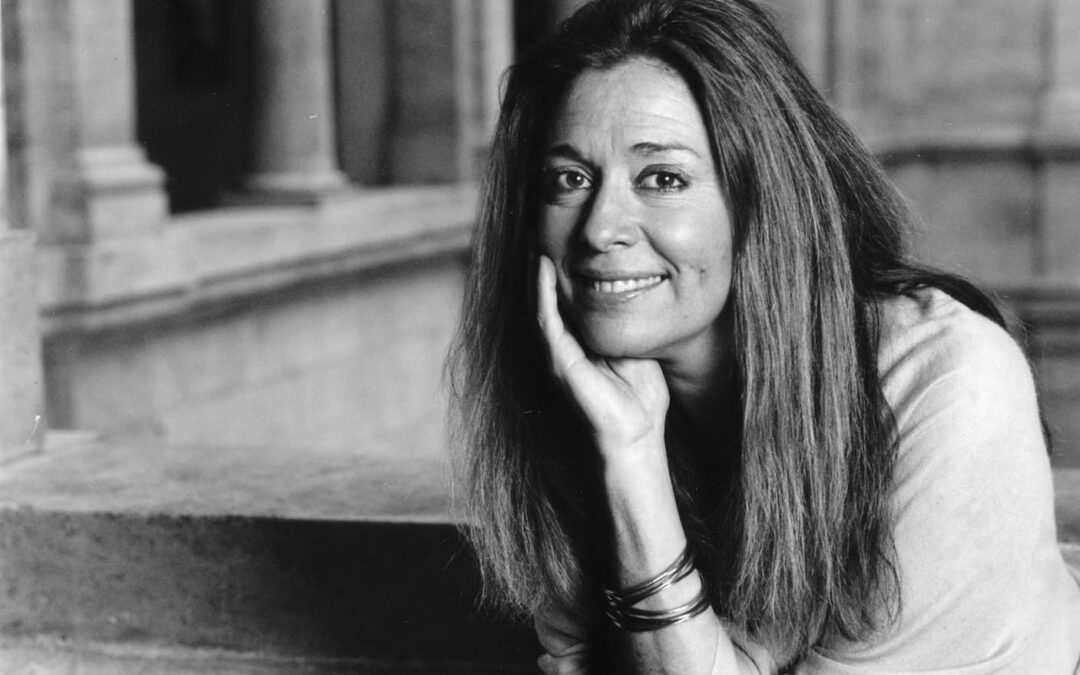 Graham’s “Picnic” is a young girl’s bitter remonstrance of a mother betrayed by a father who is a serial adulterer. The poem’s narrator, about twelve years old, has a compulsive need to retell this story of a picnic, her father’s...
Graham’s “Picnic” is a young girl’s bitter remonstrance of a mother betrayed by a father who is a serial adulterer. The poem’s narrator, about twelve years old, has a compulsive need to retell this story of a picnic, her father’s...
 Aware that the phrase “picnic lightning” is from Nabokov’s Lolita, Collins emphasizes happenstance and stresses the notion that life is a pattern of growth and decay and growth. Humbert’s ‘picnic lightning” is associated with his...
Aware that the phrase “picnic lightning” is from Nabokov’s Lolita, Collins emphasizes happenstance and stresses the notion that life is a pattern of growth and decay and growth. Humbert’s ‘picnic lightning” is associated with his...
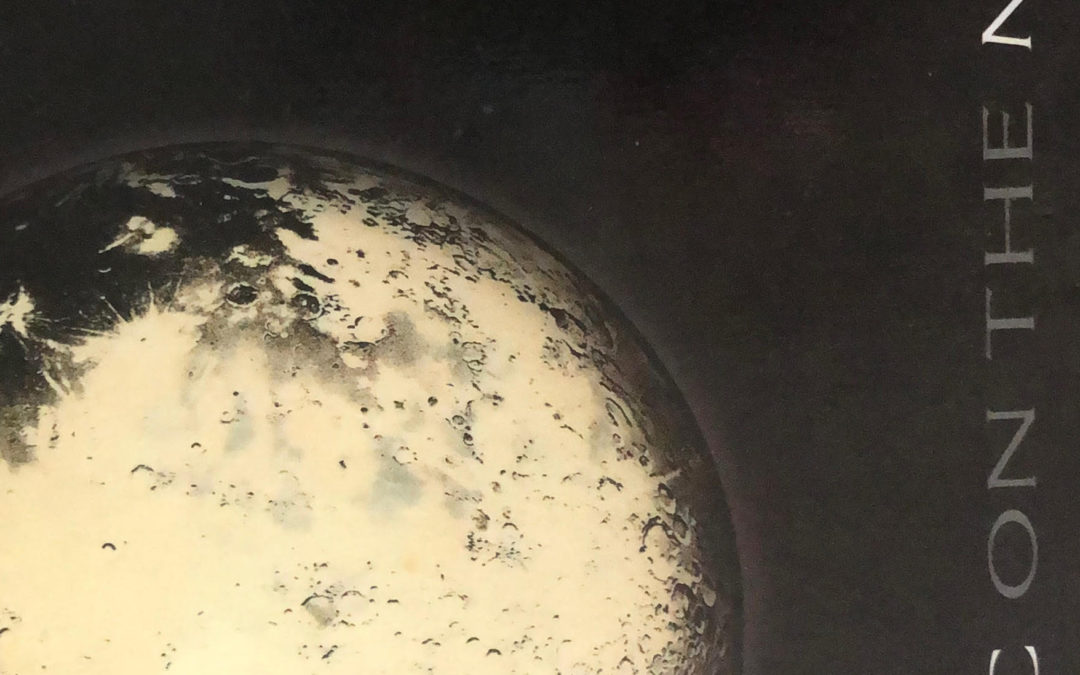 Charles Coe’s poem “Picnic on the Moon,” Picnic on the Moon (1999), is not sci-fi. It’s a critique of human violence and enmity on Earth set against the Moon’s tranquility and quiet. The Moon sounds like the perfect picnic spot- a great place to bask...
Charles Coe’s poem “Picnic on the Moon,” Picnic on the Moon (1999), is not sci-fi. It’s a critique of human violence and enmity on Earth set against the Moon’s tranquility and quiet. The Moon sounds like the perfect picnic spot- a great place to bask...
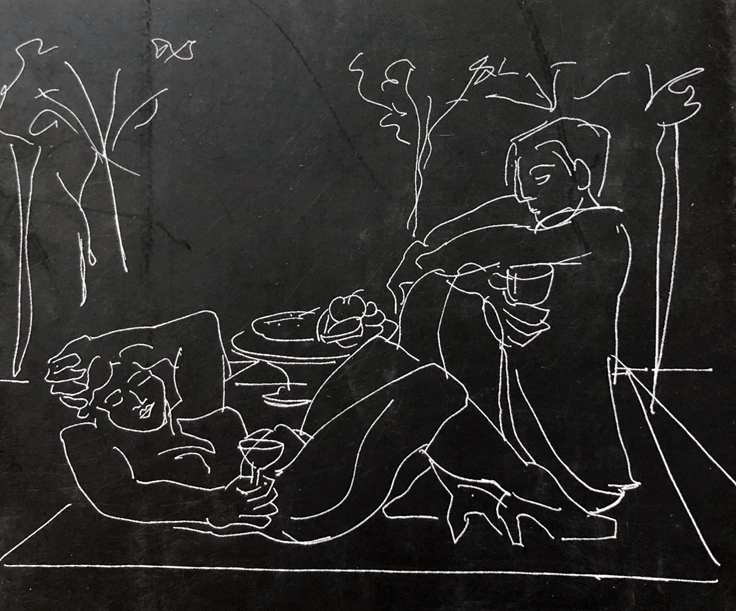 Simic’s “Night Picnic” defies picnic expectations. Instead of daylight, there is a very dark vast starless sky. Instead of romancing or jollity, a man and woman sit on the grass without communicating. The narrator finds it slightly ironic that they...
The setting for Gluck’s “Noon” is about lost innocence. It’s a picnic at which two youths engage in a sexual act without considering what happens next. The unanswered question it whether this is an act of lust or love. Noon is meant to suggest the symbolic time...
Simic’s “Night Picnic” defies picnic expectations. Instead of daylight, there is a very dark vast starless sky. Instead of romancing or jollity, a man and woman sit on the grass without communicating. The narrator finds it slightly ironic that they...
The setting for Gluck’s “Noon” is about lost innocence. It’s a picnic at which two youths engage in a sexual act without considering what happens next. The unanswered question it whether this is an act of lust or love. Noon is meant to suggest the symbolic time...










